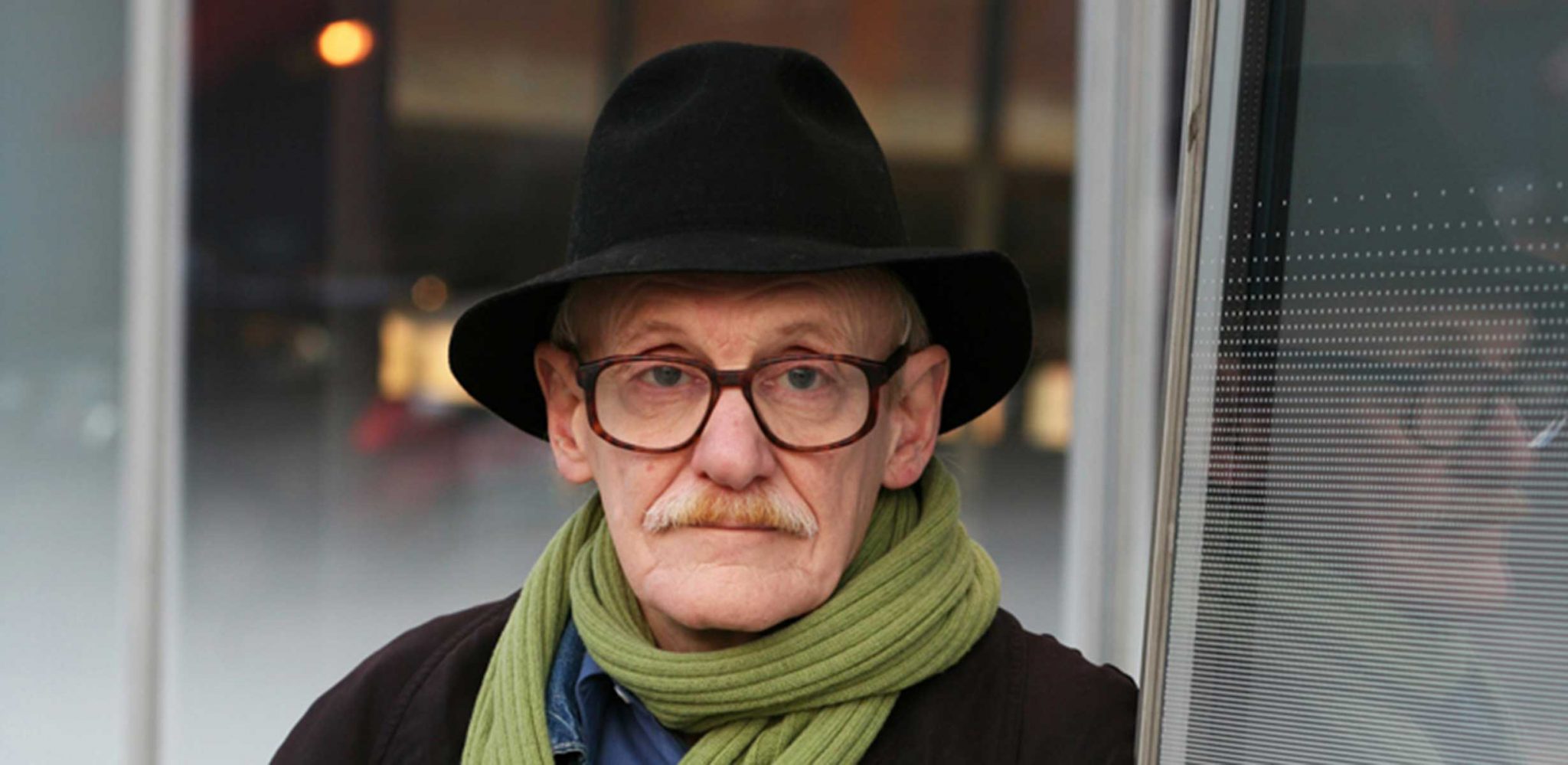Like a medium, he channeled the waning days of modernism and the birth of something new
When Christopher Hitchens died, it was with a sense of the inevitable, as the throat cancer that eventually ended his life was foretold by a season of sickness and a lifetime of cigarettes. Nevertheless, his death left an uncomfortable pause in the conversation. How many times since 2011 have I thought, when confronted with the political or cultural inanities of the day, What would Hitchens have said about this? – only and always to come up short.
I have never anticipated the words of Peter Schjeldahl in that way. I never subscribed to The New Yorker to get a hold of what he had to say on art or anything else. Never once, to my best recollection, have I heard someone ask me, “Did you see what Schjeldahl wrote this week?” It just wasn’t that kind of writing.
This is not to dismiss Schjeldahl’s contribution to the republic of letters. But like that phrase, Schjeldahl’s kind of criticism has always seemed past its expiration date. In 1998, I heard it cast aside as belles lettristic. (What would that make it today?) I had arrived in New York the year prior, and I assumed that Schjeldahl had always been there – at The New Yorker that is. As it turned out, that was his first year at the magazine.
His first major contribution to the apex of midcult magazines? A piece on Victorian Fairy Painting (1998) at the Frick. It’s pure Schjeldahl: ‘Do we like the paintings in this honey-sweet, hemlock-dripping show?’ he asks in the opening paragraphs. ‘We needn’t very much, I think, to find them usefully fascinating.’ That ‘I think’ strategically countermands the royalist plural pronoun. It reveals how Schjeldahl was always at war with the big opinion, with the cool take that could set the agenda for how people in the artworld might talk about what they were seeing for months or years to come. He was not a creator of jargon nor an engineer of concepts. The words, though, were his alone: ‘gossamer critters’, ‘pyschosocial wooziness’, ‘insolent sexual and curdled sentimental kink’ – these all appear in the first few paragraphs of that piece.
Schjeldahl was a poet-critic. Which is a way of saying something about the writer and not the writing. Schjeldahl was a poet too of course, and his attention to language was always on display. To call him a ‘poet critic’, however, is to recognize that his approach to art was individualistic, expressionistic, that its target, its audience, was always to some extent his own mirror image, his ‘self’, and not a public, not the culture. He was a time traveller, a stowaway from the Romantic age who, like a medium, channeled the waning days of modernism and the birth of something new.
At the end of the ‘Fairy’ piece, after he himself has declared modern art ‘over’ (hardly risky in 1998), Schjeldahl asks, ‘What now?’ The answer is illuminating: ‘For a while, at least, the future of art returns to the hands of artists, whose thoroughly personal quirks and yens – the bases of our trust in them – will govern a search for new visual pleasures and meanings… Artists who prove to be bewitched in exact, novel, and persuasive ways will lead us on.’
It’s a programmatic statement if ever there was one, not about the art to come, however, but about what kind of writing to expect from this critic, a writing filled with ‘quirks’ and ‘yens’ and an author who, by all accounts, was at his best when ‘bewitched’ by what he saw.
It’s just that we were rarely bewitched by the same things, and it makes no sense to argue with a medium. They channel what they channel. You either believe them and like what they have to say – which often has everything to do with how they say it – or you don’t. What would Peter Schjeldahl have said about this? It’s a question I would never think to ask.
